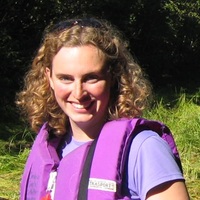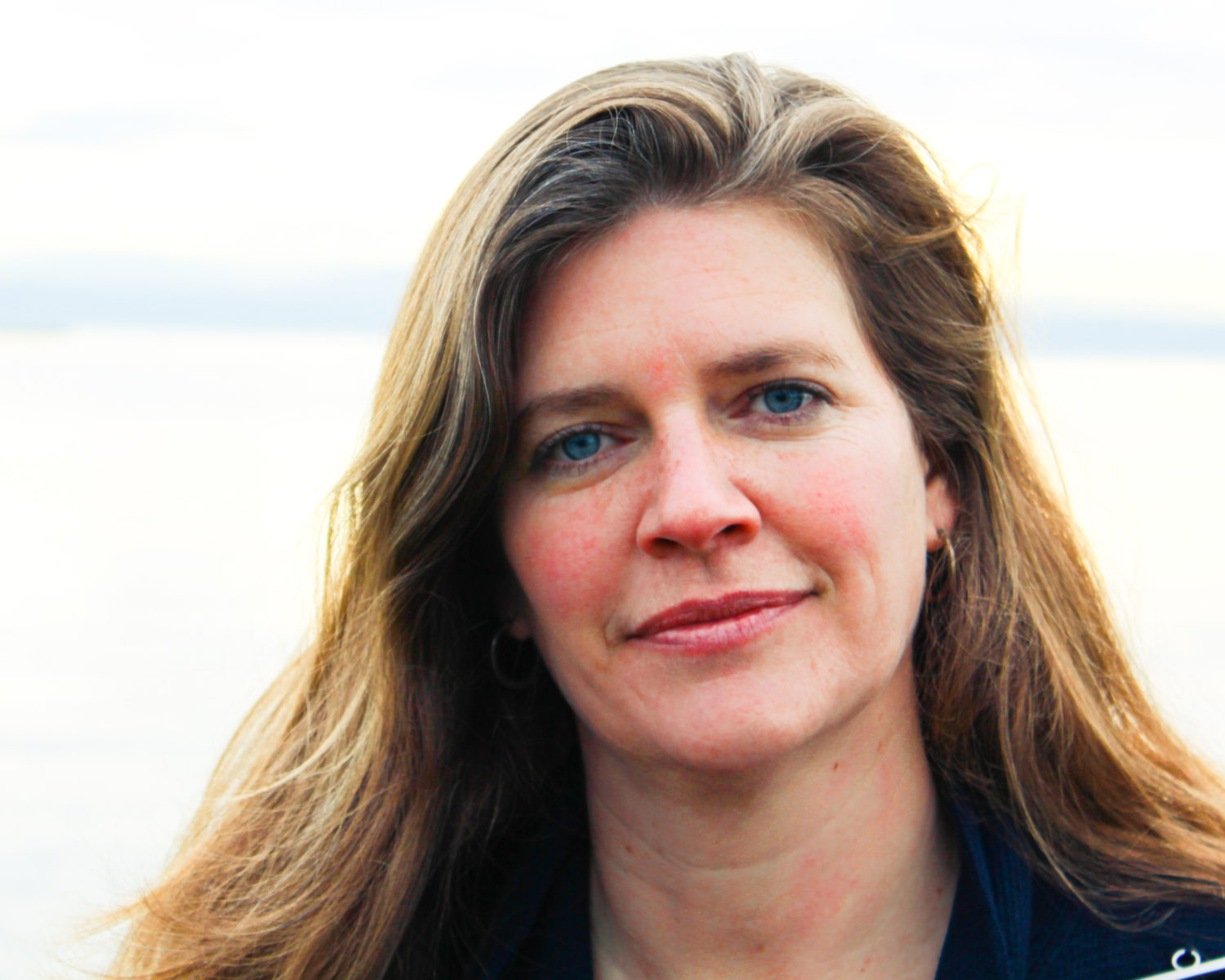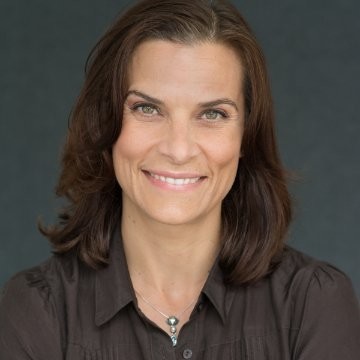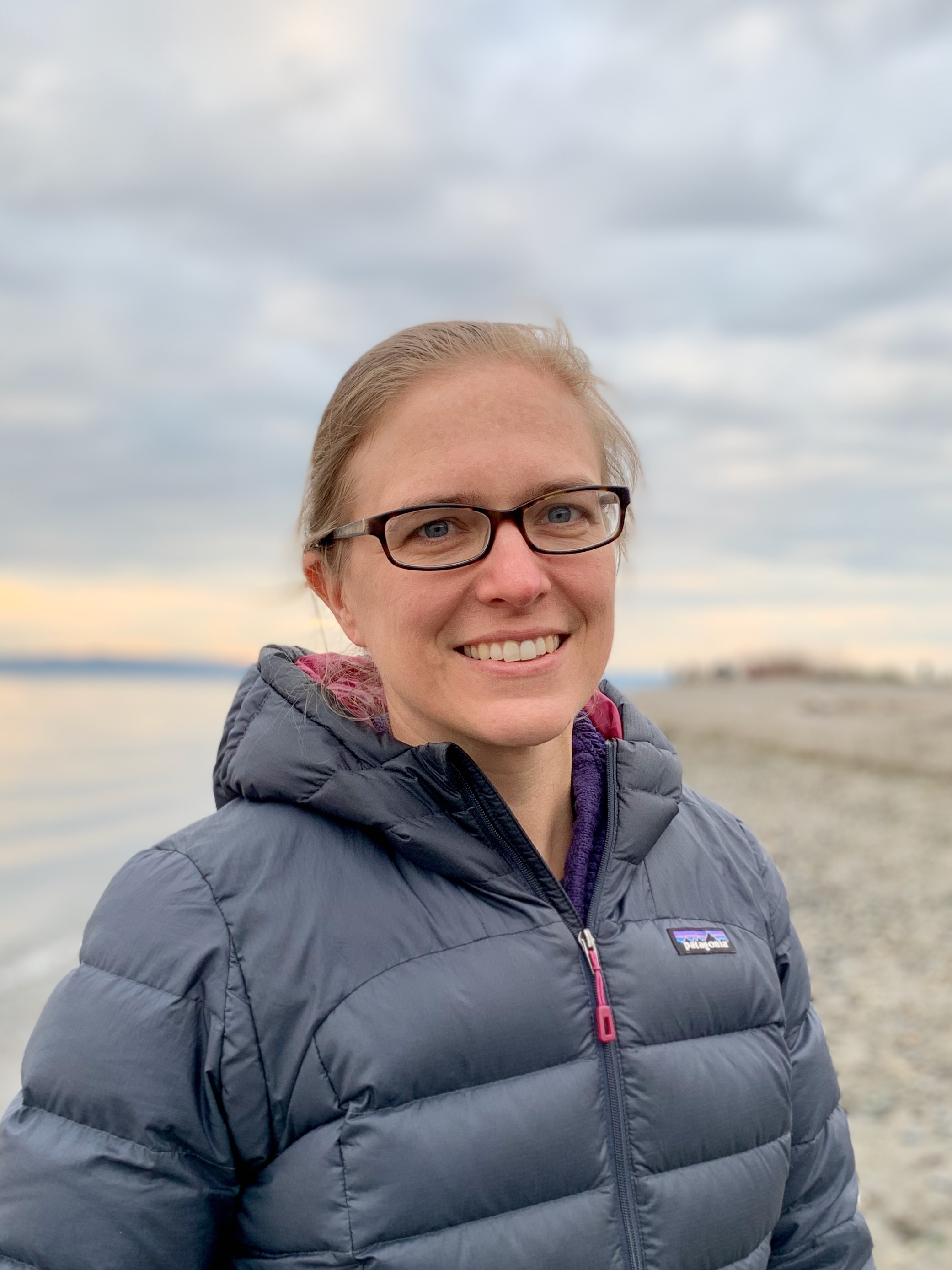A panel discussion on non-academic careers in environmental science
FISH 521 - Winter Quarter 2022
Meet the panel

Dr. Neala Kendall
Washington Department of Fish and Wildlife
Dr. Kendall leads the Statewide Quantitative Synthesis and Reporting Unit at the Washington Department of Fisheries and Wildlife, a team of scientists working on salmonid conservation and recovery across Washington State. Neala received her PhD in Aquatic & Fishery Sciences from the University of Washington.

Dr. Jodie Toft
Puget Sound Restoration Fund
Dr. Toft is the Deputy Director of the Puget Sound Restoration Fund, where she advances their science, expands partnerships, and builds support for their unique brand of in-water restoration. Prior to joining PSRF, Jodie worked at The Nature Conservancy and The Natural Capital Project. Jodie received her PhD in Aquatic & Fishery Sciences from the University of Washington.

Dr. Sacha Vignieri
Science Magazine
Dr. Vignieri is a Deputy Editor for Research at the scientific journal Science, where she leads the decision making process for papers submitted in the fields of ecology, evolution, conservation, fisheries, vertebrate paleontology and others. As one of three Deputy Editors for Research she also leads a team of other editors and further participates in strategy, management and planning for the journal. Sacha received her PhD in Zoology from the University of Washington.

Ms. Jennifer Scheuerell
Sharper Informatics Solutions
Ms. Scheuerell is the co-owner and Chief Technology Officer of Sharper Informatics Solutions, a small consulting company that designs, builds, and runs custom information systems for clients in science and engineering. Her business specializes in developing “front to back” solutions using a wide range of software and hardware. Her team comprises a diverse group of individuals from the US, the UK, and Australia. Jennifer received her MS in Aquatic & Fishery Sciences from the University of Washington.

Dr. Lauren Rogers
NOAA Fisheries
Dr. Rogers is a quantitative ecologist at NOAA’s Alaska Fisheries Science Center where she leads research on early life stages of fishes in support of ecosystem-based fisheries management in Alaska. Her projects focus on understanding the impacts of climate change on fish in the Gulf of Alaska, Bering Sea, and Arctic, and incorporating that information into the fisheries management process. Lauren was previously a fisheries ecologist at the Natural Capital Project and a post-doctoral fellow at the University of Oslo, Norway. Lauren received her Ph.D. in Aquatic & Fishery Sciences from the University of Washington.

Dr. Amanda Stanley
COMPASS
In her role as Executive Director of COMPASS, Dr. Stanley provides leadership to scientists looking to effectively share their knowledge in public discourse and decision-making. Prior to joining COMPASS, Amanda was the Conservation Science Program Officer at Wilburforce Foundation, a private philanthropic organization that supports land, water and wildlife conservation efforts in western North America. Amanda received her PhD in Zoology from the University of Washington.